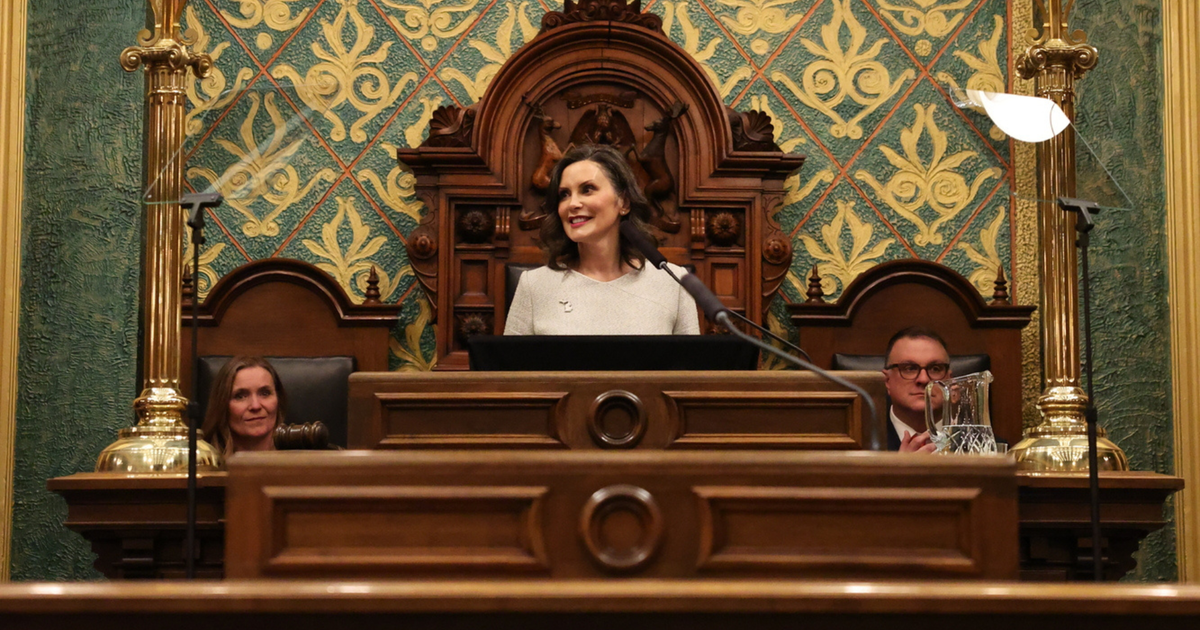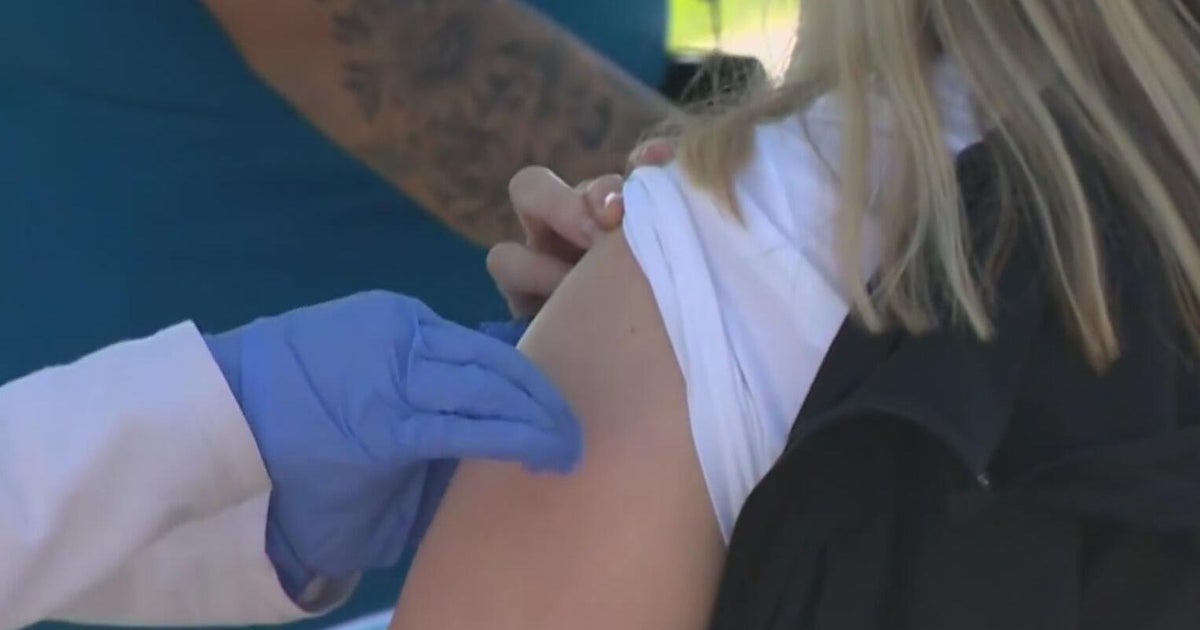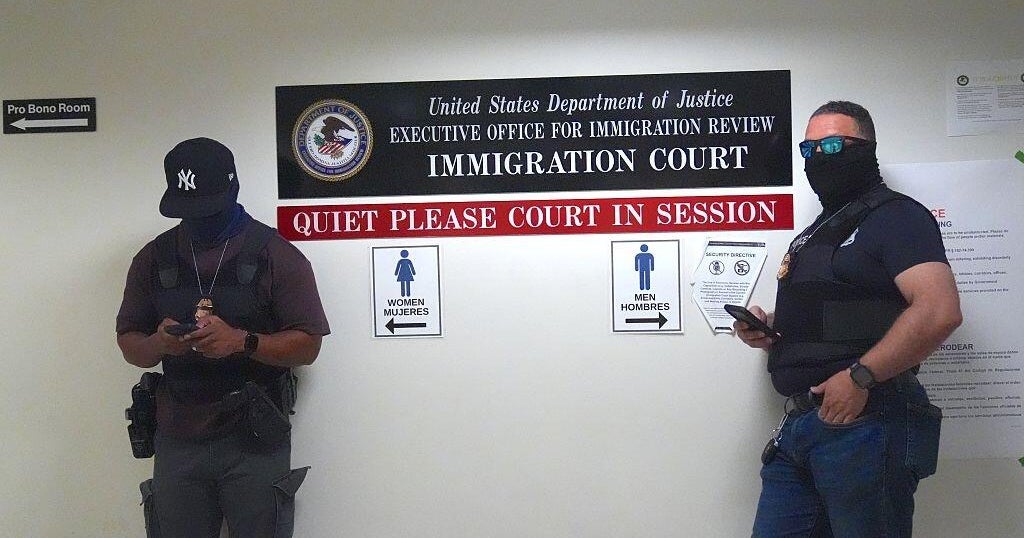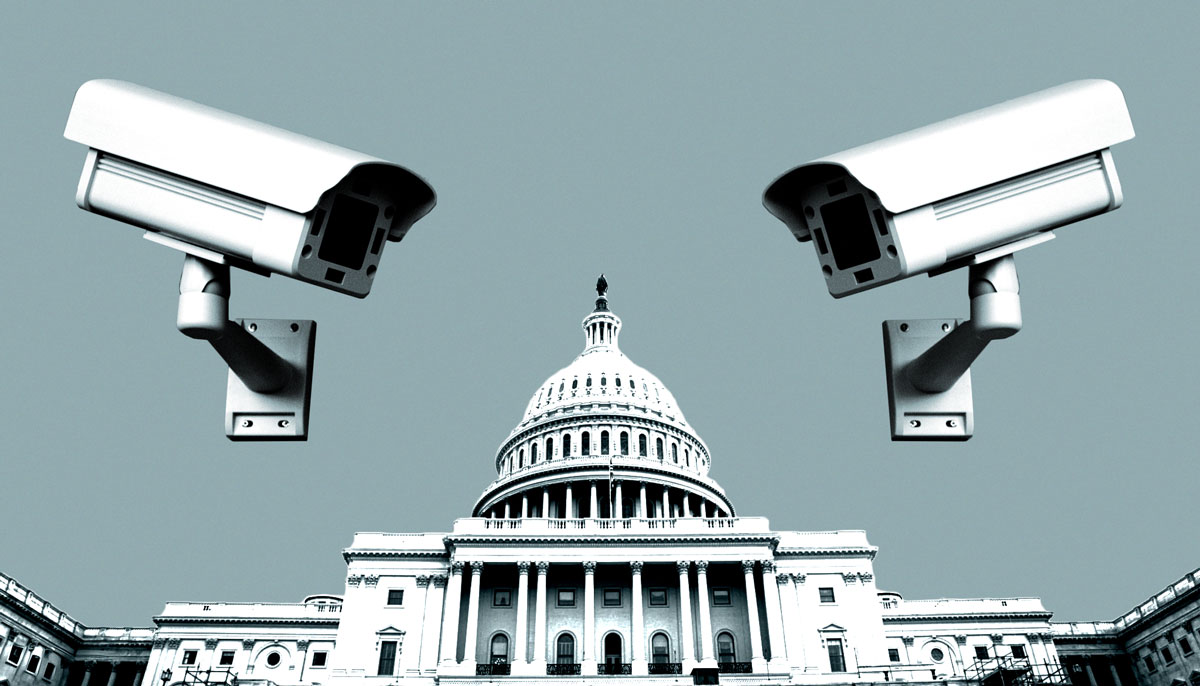Detroit's water shutoff has been stopped for now, but need for permanent fix remains
CBS News is chronicling what has changed in the lives of residents of some of the biggest battleground states in 2020 amid the coronavirus pandemic.
One of the key measures recommended to slow the spread of the coronavirus is to wash your hands frequently, but that advice is impossible to follow for those without running water. In the months before the pandemic forced states to shut down, thousands had their water shut off in Detroit, where shutoffs have been a point of contention for over a decade.
For a variety of reasons — including fear of losing custody of their children and the shame associated with not being able to pay for water — many residents who have had their water shut off hesitate to share their stories. But advocates who work directly with affected families spoke with CBS News about how COVID-19 has exacerbated their need for running water.
"Water shutoffs have been devastating," said Dr. JoAnn Watson, a former Detroit city council member who has worked on this issue for years. "How truly ironic it is for 1 out of every 7 households in the city of Detroit to have had their water shut off in a city surrounded by the Great Lakes of Michigan."
From January to July 2019, there were more than 11,000 water shut-offs in Detroit according to data provided by the city's Water and Sewage Department.Though this total does not account for households that were restored through assistance programs, it's hard to tell how many of these households were occupied because that information is not tracked by the water department's billing system.
In a city of more than 670,000 with an improving economy, by some accounts, one-third of the Motor City's majority-Black population lives in poverty. Wayne County—home to Detroit—comprises nearly a third of the entire COVID-19 caseload for the state of Michigan, which currently has over 78,000 confirmed cases.
On March 9, Governor Gretchen Whitmer and Detroit Mayor Mike Duggans launched a plan for the state to cover the cost to reconnect water service for Detroit residents at risk of a service interruption due to nonpayment. For $25 a month, residents can keep their water running throughout the duration of the pandemic.
According to data from the Detroit Water and Sewerage Department, 1,200 households have applied for the restart program, but a quarter of those homes needed plumbing repairs before restoring water to avoid contamination and other health risks.
DWSD believes that there are currently no occupied households without water but some water advocates are skeptical, asking if DWSD doesn't have records on the disconnected households, how can it be sure every resident has water?
We the People Detroit Community Research Collective (WPD CRC) researcher Emily Kutil studied mapping and trends to examine which Detroit zip codes were most impacted by COVID-19. Her team followed the virus' spread outside of nursing homes in Detroit. Kutil noted "extremely strong correlations" between COVID-19, parts of the city that have the highest populations of older residents, and areas hardest hit by water shutoffs.
"When we talk about the preventative measures like hand-washing, but also like social distancing and sheltering in place…you cannot safely shelter in a home that doesn't have running water," said Nadia Gaber, who is a WPD CRC public health researcher. "In the immediate acute state of emergency under COVID-19, you have people living in homes that are unsafe to shelter and being asked not to leave, and yet having to leave to get access to vital resources like food and water."
Earlier this month, Whitmer signed an executive order extending prevention of water shutoffs through the end of the year due to COVID-19.
Gaber praised the governor for extending the moratorium on water shutoffs but says the plan would be better if it were a permanent solution.
The systemic issue that water advocates lay out concerning shutoffs in Detroit predates COVID-19. In 2013, the city of Detroit filed for bankruptcy, and the crackdown on unpaid water bills was a part of efforts to exit its bankruptcy.
DWSD director Gary Brown has lived in Detroit his entire life and has worked for the city for more than 40 years. He says that over the past two decades, DWSD had an unsustainable 437% water rate increase, which totaled nearly $92 per month increase for the average resident, but since 2016, there hasn't been a water rate increase that's exceeded 3%. He noted the city's collection rate is now 92%.
Before implementing the coronavirus-related orders to prevent water shut-offs, the city offered assistance through programs like the Water Residential Assistance Program or WRAP. Brown calls WRAP one of the most comprehensive and compassionate programs in utility payment assistance in the country. However water advocates complain it still leaves out the most vulnerable.
"What these programs make possible is for people to receive some type of temporary assistance until they're able to regain their financial stability," said Mark Fancher, Michigan ACLU staff attorney for the Racial Justice Project. "Most of the people who are impacted by water shutoffs don't fit into that category…These are people who live in chronic poverty, which means that they will never get to a point where they're able to pay market rate for water ever."
"My workers at the water department, they're not social workers. We fix water mains and we bill and we collect," maintained Brown who acknowledged that more should be done for families who live in poverty and can't pay anything toward their water bills. "We play a role, but we can't fix abject poverty in the city of Detroit."
The ACLU of Michigan has filed multiple lawsuits over the years calling for a permanent moratorium to water shutoffs and affordable water rates. Earlier this month, the group sued the city of Detroit, the DWSD, and the state of Michigan alleging that water shutoffs in the city have been racially discriminatory and violate residents' constitutional rights.
Water advocates say the answer to this longstanding issue is an income-based water affordability plan that bases water bills on how much a person can reasonably pay with their income.
DWSD maintains that income-based water affordability plans can't legally be implemented in the city. Brown also added that 73% of Detroit residents live below 200% of the federal poverty rate, which would leave 27% of the residents to foot most of the bill.
While they disagree on approach, water advocates and DWSD maintain they share the goal of improving the lives of the at-risk Detroiters especially amid the coronavirus pandemic and beyond.
"People can't survive without water," said Fancher. "We are committed to fighting for this until we all drop."
"Water is a human right," said Watson. "We don't have to pay for sunlight. We don't have to pay for the air we breathe. I don't believe anybody should have to pay for water.



